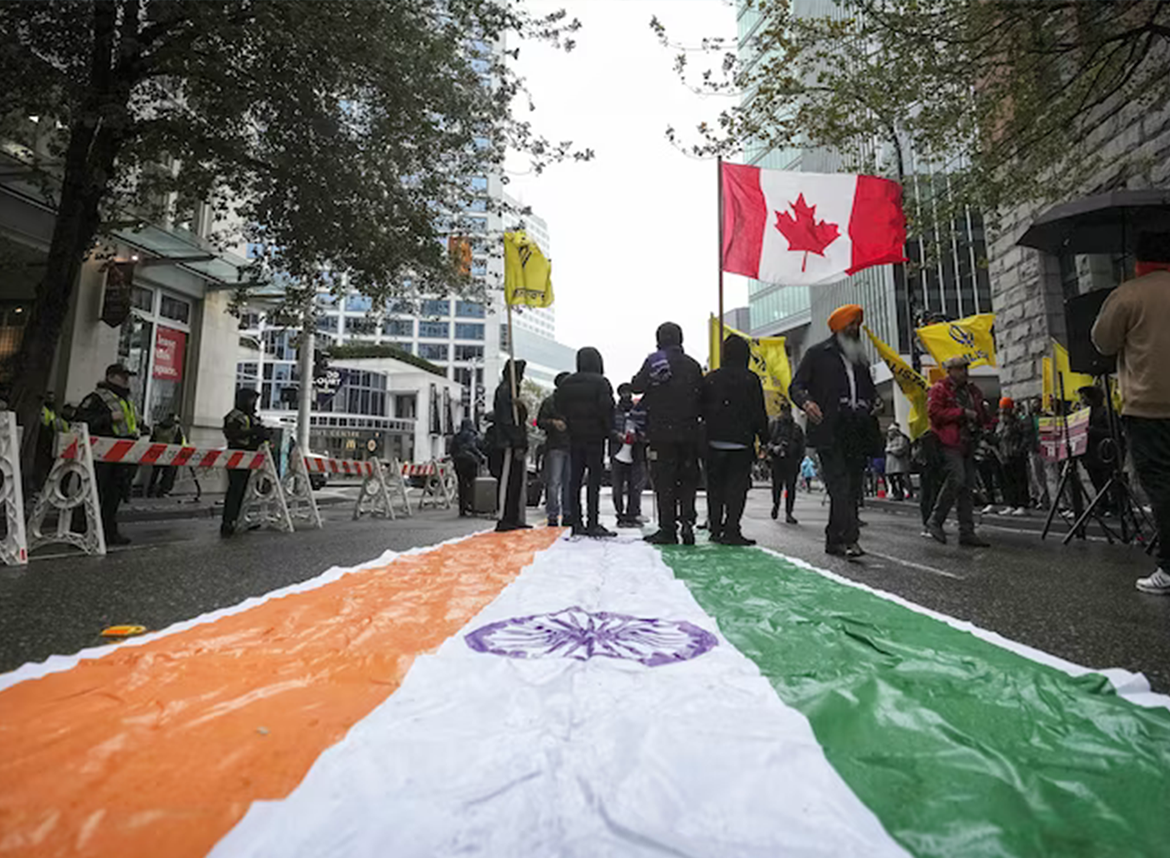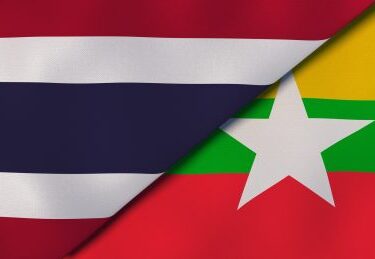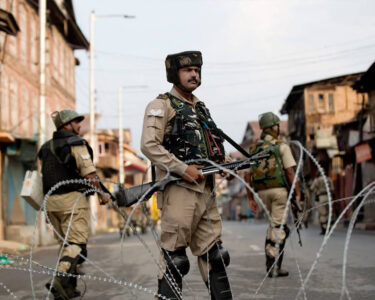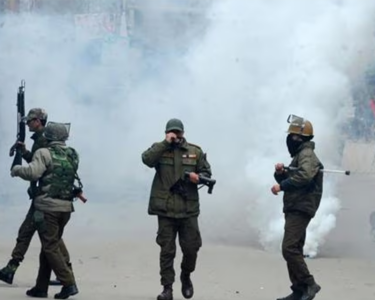By Omar Khalil Haddad
Senior Researcher, Influence Networks & Tactics
Beltway Grid – Policy Center
The diplomatic relationship between India and Canada, once characterized by mutual respect and burgeoning trade ties, has descended into an unprecedented crisis. The recent withdrawal of India’s High Commissioner, Sanjay Verma, from Ottawa underscores the depth of the rift—a culmination of a decade of escalating tensions, mutual accusations, and geopolitical chess moves that have left both nations at a crossroads.
At the heart of this diplomatic meltdown is the assassination of Hardeep Singh Nijjar, a Canadian citizen and prominent Sikh activist. Nijjar was a vocal advocate for the Khalistan movement, which seeks an independent Sikh homeland in India’s Punjab region—a movement banned and deemed a terrorist organization by the Indian government. In June 2023, Nijjar was gunned down outside a gurdwara in Surrey, British Columbia, sending shockwaves through the Sikh diaspora and raising alarm bells in New Delhi.
In a bold move, Canadian Prime Minister Justin Trudeau publicly accused agents of the Indian government of involvement in Nijjar’s assassination. “We will never tolerate the involvement of a foreign government in the killing of a Canadian citizen on Canadian soil,” Trudeau declared. The Indian government vehemently denied the allegations, calling them “absurd” and “motivated,” and demanded that Canada provide concrete evidence.
Diplomatic Tit-for-Tat
The fallout was swift and severe. Canada expelled a senior Indian diplomat believed to be the head of Indian intelligence in the country. India retaliated by ordering a Canadian diplomat to leave New Delhi. The mutual expulsions signaled a significant escalation, but the situation deteriorated further when India announced the suspension of visa services for Canadian citizens, citing security threats to its diplomatic staff.
Adding fuel to the fire, Canada indicated that Indian diplomats were being investigated for potential ties to Nijjar’s assassination. This development prompted India to withdraw High Commissioner Sanjay Verma, accusing the Canadian government of failing to provide adequate protection for its diplomats. “India has decided to withdraw its High Commissioner from Canada,” an official statement read. “The government of Canada has shown itself incapable of ensuring the safety of Indian diplomatic personnel.”
A Decade of Unheeded Warnings
The current crisis did not emerge in a vacuum. It is the culmination of years of growing distrust and divergent priorities. When Justin Trudeau took office in 2015, he inherited a relationship that had been carefully nurtured by his predecessor, Stephen Harper. Harper had initiated talks on a Free Trade Agreement and signed a nuclear cooperation agreement allowing Canada to export uranium to India. There was optimism about deepening economic ties and strategic cooperation.
However, Trudeau’s tenure saw a shift. Critics argue that his government neglected the relationship, focusing instead on strengthening ties with China. High-level engagements dwindled, and negotiations on the Free Trade Agreement stalled. Concerns grew in New Delhi over Canada’s perceived leniency towards Sikh separatist groups, particularly those advocating for Khalistan.
The issue came to a head during Trudeau’s 2018 visit to India, which was marred by controversy when Jaspal Atwal, a Canadian convicted of attempted murder of an Indian minister, was invited to official events. Although the invitation was rescinded, the incident reinforced India’s suspicions about Canada’s handling of extremist elements.
The Khalistan Conundrum
The Khalistan movement remains a sensitive and volatile issue for India. While the movement has little traction within India today, it has found support among segments of the Sikh diaspora in countries like Canada, the United Kingdom, and the United States. India has long accused Canada of being a haven for Sikh extremists who propagate separatist ideology and engage in activities that threaten India’s sovereignty.
Canada, upholding its principles of freedom of speech and assembly, has been reluctant to suppress these groups unless they engage in illegal activities. This stance has been a source of friction, with India perceiving it as tacit support for separatism. The assassination of Nijjar and the subsequent allegations have brought this simmering tension to a boil.
Domestic Politics and International Implications
Domestic political calculations play a significant role on both sides. In Canada, the Sikh community is influential, particularly in key electoral districts. Accusations have arisen that Canadian politicians, including Trudeau, may be reluctant to act against pro-Khalistan elements to avoid alienating voters. In India, Prime Minister Narendra Modi’s government has taken a hardline stance against separatism and perceived foreign interference, bolstering its nationalist credentials.
Internationally, allies are watching with concern. The United States and the United Kingdom have expressed the need for a thorough investigation but are cautious in their responses, given strategic interests with both India and Canada.
The Human Impact
Amid the geopolitical maneuvering, ordinary citizens are caught in the crossfire. The Indian diaspora in Canada, one of the country’s largest immigrant communities, faces uncertainty and fear of backlash. Students and professionals worry about visa suspensions and the potential for deteriorating social cohesion. Families with ties to both nations are grappling with the personal ramifications of a conflict they have little control over.
A Way ForwardResolving this crisis requires measured diplomacy and a willingness to address core concerns:
- Transparent Investigations: Both nations must commit to a thorough and transparent investigation into Nijjar’s assassination. Sharing evidence and collaborating could help rebuild trust.
- Respect for Sovereignty and Law: India and Canada need to acknowledge each other’s legal frameworks and security concerns. While Canada must ensure its soil is not used for activities threatening another nation’s sovereignty, India must respect Canada’s legal processes and commitment to civil liberties.
- Reestablishing Dialogue: High-level diplomatic engagement is crucial. Establishing back-channel communications or involving neutral intermediaries could facilitate a de-escalation of tensions.
- Separating Politics from Policy: Both governments should avoid allowing domestic political pressures to dictate foreign policy decisions that could have long-term detrimental effects.
The unraveling of India-Canada relations serves as a stark reminder of how fragile international partnerships can be when undermined by mistrust and unaddressed grievances. The withdrawal of India’s High Commissioner and the mutual expulsion of diplomats mark a low point in a relationship that once held great promise.
Both nations have much to gain from mending this rift—not just economically, but in terms of global cooperation on issues like climate change, technology, and regional security. The path forward lies in open dialogue, mutual respect, and a shared commitment to uphold the principles of international law and diplomacy.
As the world watches, the onus is on the leaders of India and Canada to navigate this crisis with wisdom and foresight, setting aside short-term political gains for the long-term benefits of a restored partnership.




